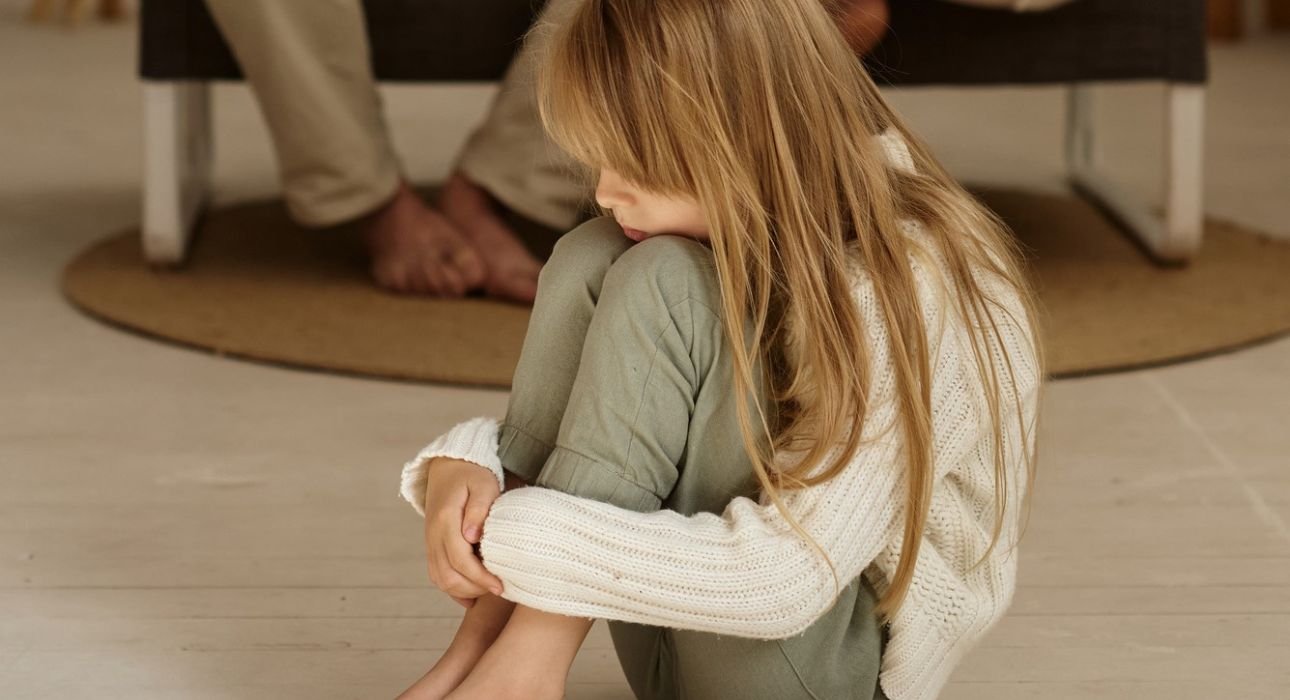Have we ever made a good home together for our daughter? From today, let us make two beautiful worlds for her. (The words of Malini to her husband after sending divorce petition to her husband, in the Malayalam film Ramante Edenthottam)
To have people is an important need of people. To have a family, is a significant form of affiliation need among people. Marriage is a kind of socially accepted institution to have partner and children. When people have a partner, it can be inevitable to leave the partnership when they find, it cannot work anymore. Divorce is sometimes a decision that can be taken to have a better “me” and “you”, than a very unacceptable “us”. Divorce is a legal process to end the marital relationship. Read it aloud, it is the end of a marital relationship, but not the end of a parental relationship.
Being divorced is not an easy step. It is a process that involves phases of financial insecurity, aloofness, stress, confusion and a lot more. For a child in a family, how divorce looks like? There are images of conflicts, discussions, court rooms, etc. with feelings of pain, helplessness, loneliness.. They might have a sense of guilt because they might have a strong belief that they are the cause of all these. The rupture is happened to something considered as the most precious, their “home”. They face loss of self-esteem and feel worthless. They might lose their trust, which is constructed within the family. Beyond all these, they might hold a reconciliation fantasy that everything comes back someday. Separation is a reality and can be inevitable. How can these children be helped to move out of these processes?
Whom you want to go with? , A question that is pierced to the child’s head in a court room? It can be a phase in the child’s life when both the parents try to convince that, I am the better parent. The word Child Custody appears child unfriendly which objectifies the child and don’t look up to the child’s feelings. It is generally expected that a child has to end a relationship with any parent just because they were a bad partner to the parent? It is important to hear aloud the child’s words in the stage of divorce. Child is always an individual with feelings, thoughts, and preferences.
Many fathers want time sharing arrangements where the week is divided through the middle, or the child lives alternative months with either parent. I have a deep discomfort with this and always speak against it. In such a scenario, where is home? Where are their computers, books and other personal things, and how much time do they spend there? If living with a suitcase is unsettling for an adult, how can we expect children to be happy with the arrangement? Malavika Rajkotia, Intimacy Undone(2017)
More involvement of the parent with whom the child doesn’t reside is really important. The waiting period for days to meet the loving non-resident parent gives feelings of deprivation and longing, anxiety and depression. Children can be given chances to stay overnight with the non-resident parent and it is observed that opportunities to stay overnight with both parents is associated with reporting of less psychological adjustment. It would be better if children could meet the ‘other’ parent multiple times in a week, shifting from strict following of the family court guidelines. The conscious effort of the parents for the well-being of the child could resolve the hostility between both of them.
Fixed rules for childcare in post-divorce conditions does not work. Each child is different, and their experiences are diverse, the rules and plans should adhere to the child’s best interests. The best interests depend on the age and gender of the child, developmental needs, parental attachments, and several other factors. Can we reimagine divorce be an end of marital relationship, with a redirection to better way of partnership for parenting? It is not appreciable to force the individuals to remain in a home of conflicts, but it is important to explore how to help the children in this home to adapt to the change and handle the grief.
